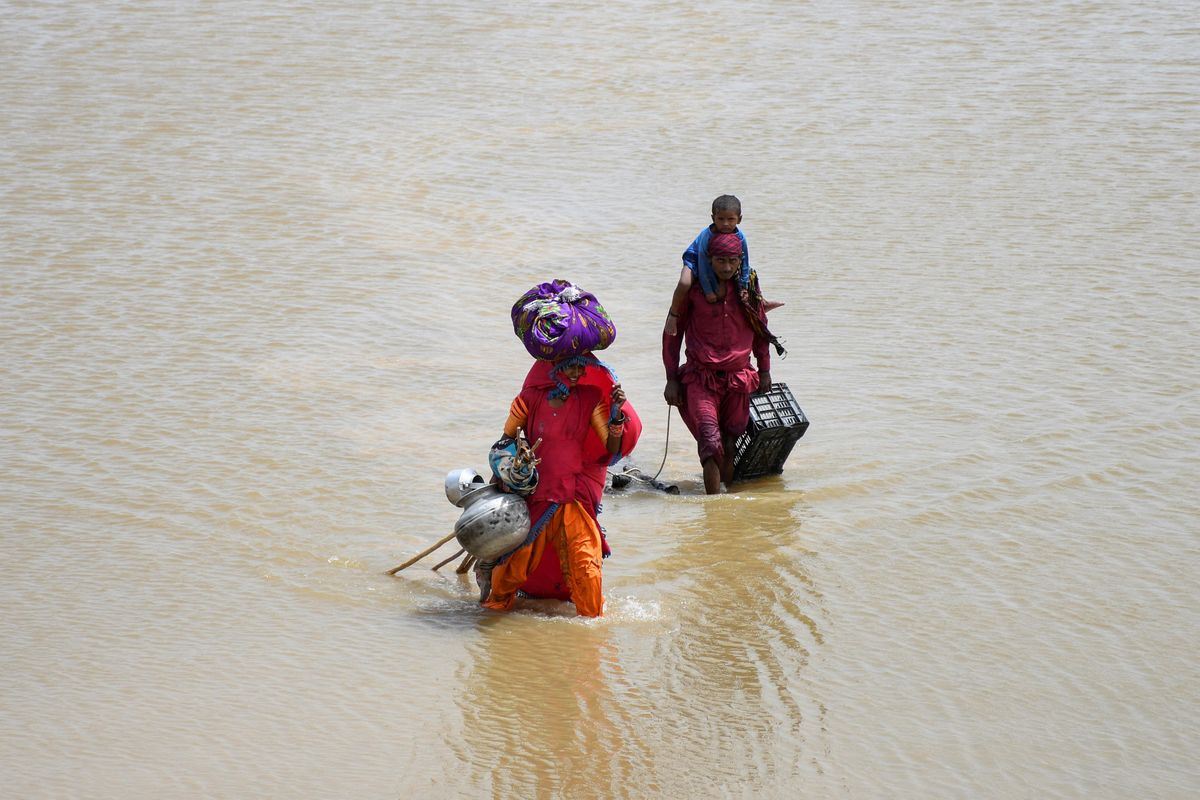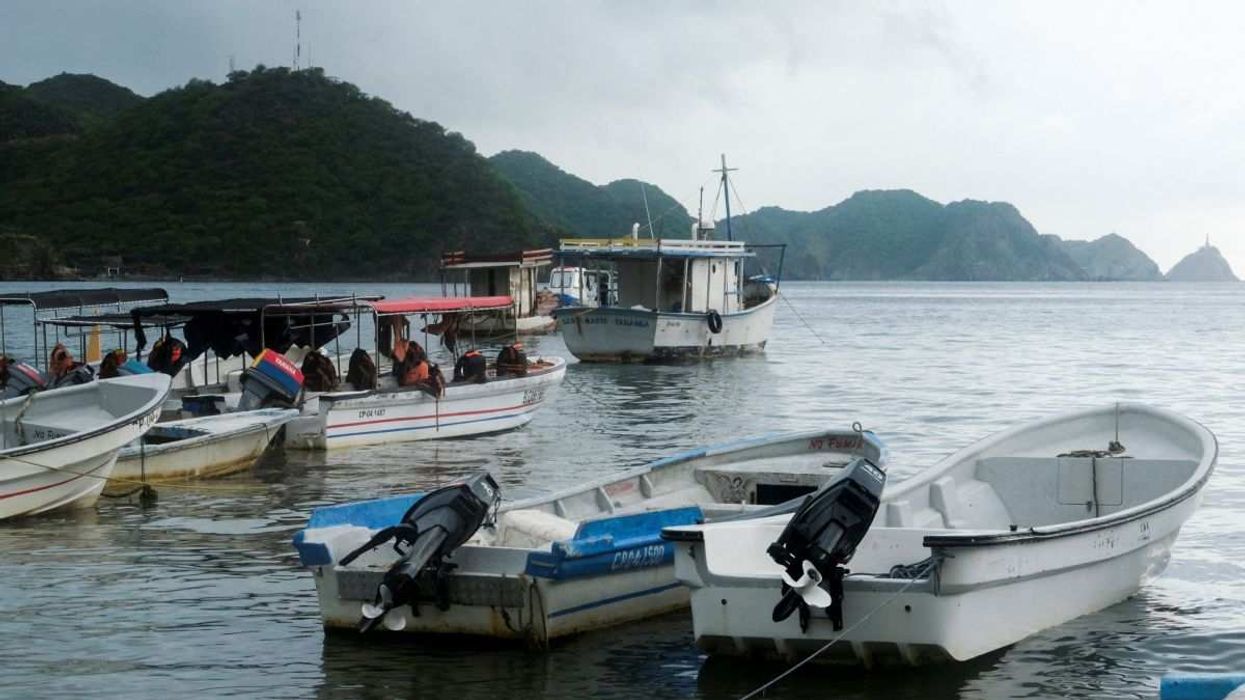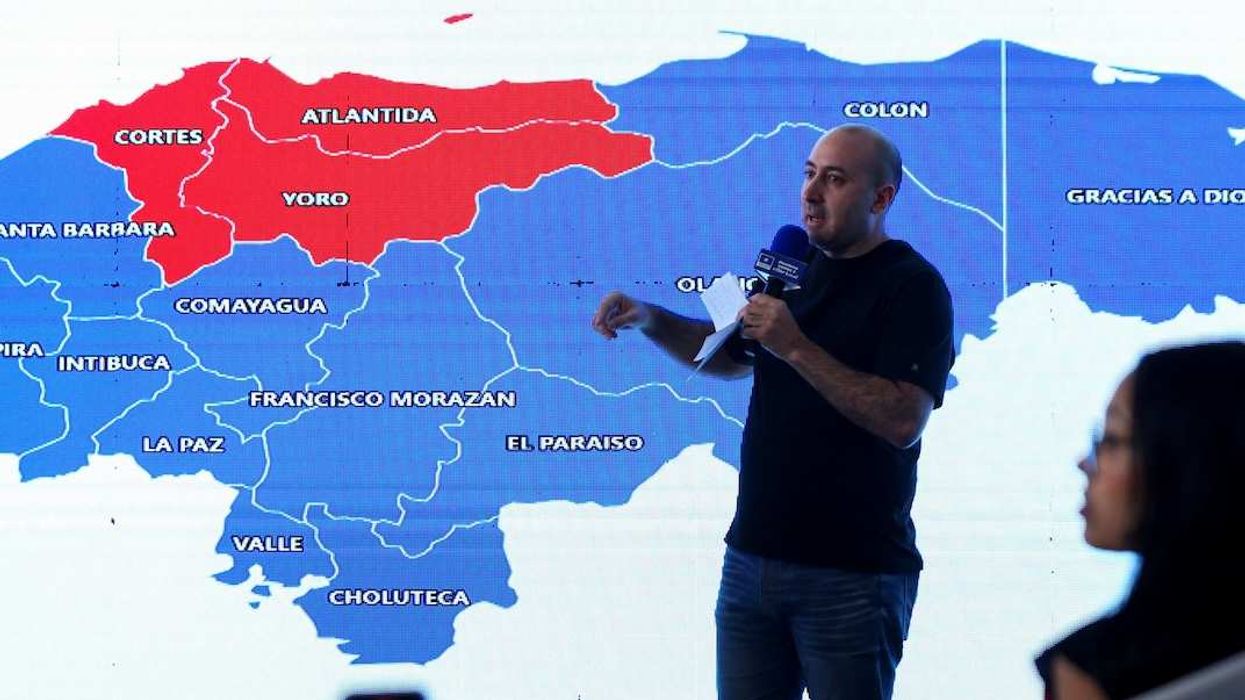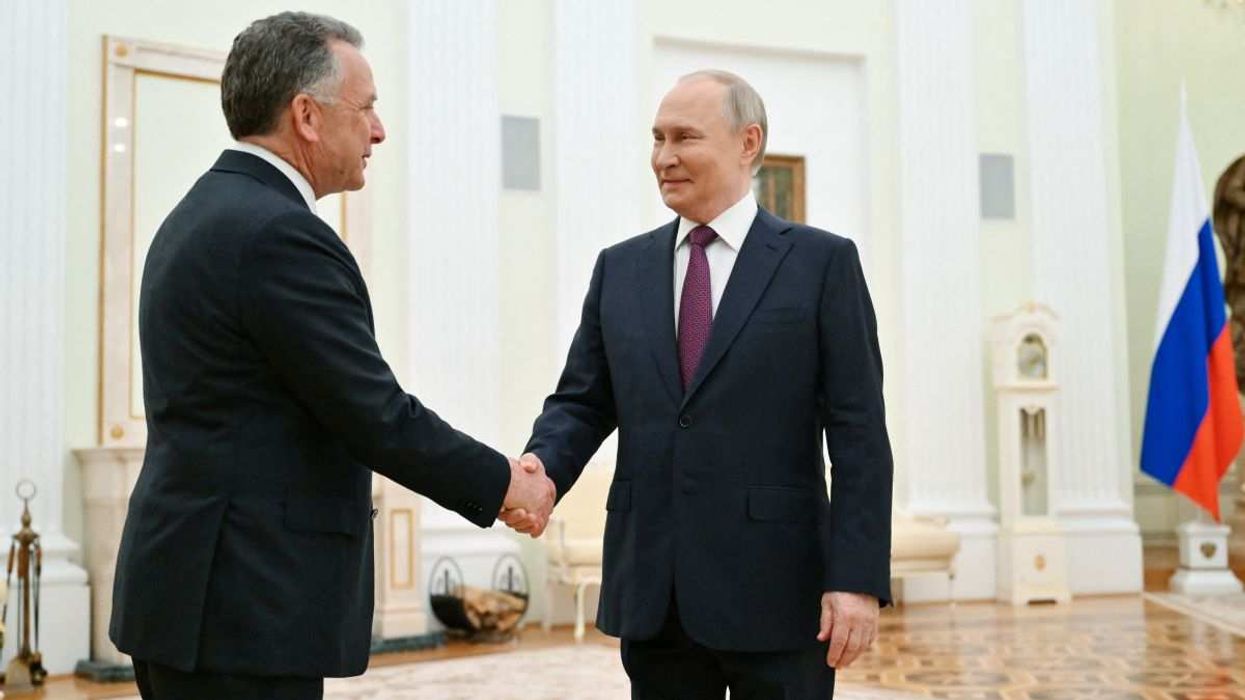Pakistan’s floods get political
After an ongoing economic crisis, political tumult, and increased terror attacks, Pakistan is now facing its worst floods in a decade. Thirty million people —about 15% of the population — have been displaced, most of them in Pakistan’s poorest provinces. As of Sunday, the death toll had crossed 1,000. As inflation continues to soar, hitting 45% on essential items last week, and the government appeals for international support, ousted PM Imran Khan pinned the blame for mismanaging the calamity on Shehbaz Shafir, the current prime minister. Khan keeps pushing for immediate snap elections, but it’s unclear if Pakistan’s worst natural disaster in years will keep the government or displace it. So far, the country is on economic life support, with a $1.2 billion loan expected to be approved Monday by the IMF. But will it be enough to keep Sharif in play?
US diplomacy goes to the North Pole
The Biden administration plans to appoint the first US ambassador to the Arctic amid growing NATO jitters about partners "without limits" China and Russia stepping up their presence there. During a visit to Canada on Friday, NATO chief Jens Stoltenberg warned that Russia's shortest path to someday attack North America would be through the Arctic Circle. In recent years, the Kremlin has built new bases there and upgraded Soviet-era facilities, presumably to test new weapons like hypersonic missiles. Meanwhile, China now styles itself as a near-Arctic power and is investing billions of dollars to build Arctic energy and infrastructure projects — including the world's largest icebreaker fleet — along what Beijing calls the "Polar Silk Road.” As icecaps melt due to climate change, the region will be more accessible, opening up new navigation channels and vast energy and mineral resources. But that'll put the Russians and the Chinese too close for NATO comfort near the North Pole, which for Stoltenberg demands an entire rethink of the alliance's Arctic strategy.
Make-or-break week for Iran nuclear deal?
Iranian officials are now reviewing the US response to an EU-drafted text to revive the 2015 nuclear deal, with a response expected by the end of the week. Meanwhile, Israel's defense minister visited Washington last week in a last-ditch effort to voice its opposition to reviving the 2015 deal. US President Joe Biden, for his part, is walking a tightrope to ensure the Iranians sign on the dotted line while still trying to contain Tehran’s actions around the world. The Iranians want the Americans to get the UN nuclear watchdog to back off on inspections to verify Iran is not further enriching uranium to make an atomic bomb, something Washington is unlikely to agree to. Still, Iran's battered economy can hardly afford to continue under sanctions, and Biden would certainly like Iranian oil back on the market to bring down global crude prices — which have eased recently in part due to expectations that the deal will be signed in the near term.


















